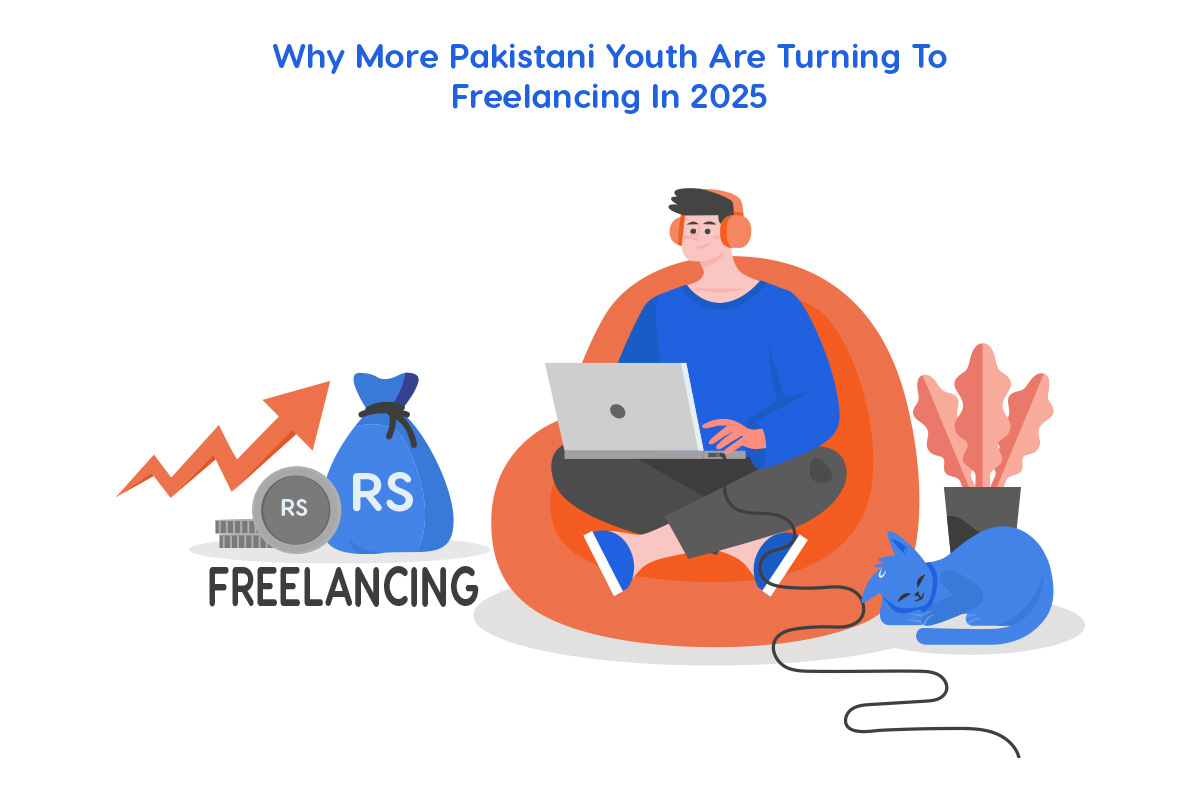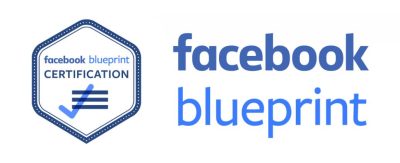In a report, the Pakistan-based Institute for Research, Advocacy, and Development (IRADA) stated that digital freedom in the country was already declining in 2021 due to increasing state controls and threats against online expression. This recent amendment to the FIA Act would be an action in the same direction. Internet penetration in Pakistan has increased at a steady rate. As of April 2024, internet penetration stood at 53.8 %, compared to 53.1% in May 2022, according to data from the Pakistan Telecommunications Authority (PTA). According to this report, trying to cause mutiny via tweets is a serious offense that can lead to imprisonment of up to 7 years with a fine. In this research article, our Tashheer research team explained why digital freedom in Pakistan is again under threat. You can check out our List of 8 Best Internet Service Providers in Pakistan for a comprehensive overview of the Internet services available.

Government Control and Surveillance
Recently, the federal government tried to silently pass an amendment to the Federal Investigation Agency (FIA) Act of 1974 that would grant the agency unprecedented authority to censor and restrict digital freedom in Pakistan. The amendment allows the agency to arrest individuals for posting any content on social media that it finds to be ‘anti-state.’
After the terrible attack on ex-prime minister Imran Khan, PEMRA prohibited news channels from airing video of PTI leader Asad Umar. In the video, Umar mentioned three people who Imran Khan thought attacked PTI’s convoy in Wazirabad today.
Amendment and Its Implications
The state has tightly controlled the press and television for a while, but social media has presented a unique problem. On this platform, individuals expressing their opinions can be held responsible for their words and investigated and even arrested. If the change happens and stays, it will seriously hurt the freedom of expression in digital world and other Pakistani governments have once tried to do similar things before.
The recent amendment to the “Removal and Blocking of Unlawful Content (Procedure, Oversight, and Safeguards) Rules” has further exacerbated the situation. These rules give Pakistani government broad authority to remove any content on hte internet that appears unlawful. Similarly, the PTA Warns Wikipedia to Remove “Blasphemous Content” Or it Will Be Banned, demonstrating the extent of control being exercised over digital content.
Response and Criticism
An Islamabad-based lawyer Barrister Ummar Ziauddin, says “Free speech or expression isn’t an absolute right in Pakistan. According to Article 19 of the Constitution, it is limited by reasonable restrictions imposed by law. The restrictions must not only be reasonable but they should also fit with socio political culture and colonial history of any society. Plus, they should have clear goals they’re trying to reach.” In Pakistan, broad restrictions can be imposed in the name of the glory of Islam, national integrity, foreign relations, public order, decency, morality, and contempt of court. Consequently, laws like section 505 of the PPC persist in our legal system, reflecting a draconian viewpoint on expression.
What does the amendment change? The director of the digital rights forum Bolo Bhi, Usama Khilji, says, “Before the amendment, the powers were with the police relating to Section 505 of PPC, which deals with attempting to cause mutiny within the army. The police would have to get permission from the cabinet before going ahead and arresting someone. With the amendment, this section is now under the FIA schedule. This means the FIA, as a federal agency, can arrest anyone suspected of inciting mutiny in the armed forces via social media tweets without needing cabinet approval.” Khilji also stated that empowering federal investigation agencies weakens the checks, balancing and accountability system, making it easier to target those seen as anti-military.
Factors That Contribute to Decline the of Digital Freedom
Trying to cause mutiny is a serious offense in law that can lead to imprisonment of up to 7 years with a fine. But deciding what exactly counts as mutiny is still a big concern. Khilji argues that what we see on social media is largely a criticism of the unconstitutional political role of military which citizens have the right to criticize and not an attempt to provoke mutiny.
Several factors contribute to the decline of digital freedom in Pakistan:
- Lack of Transparency: The government’s decision-making processes regarding internet regulations lack transparency, raising concerns about balance and accountability.
- Cybersecurity Concerns: The government says it needs to control social media platforms for national security reasons. But some people think they might want to censor things they don’t like.
- Social Pressures: Societal norms and religious sensitivities can sometimes lead to pressure to censor online content.
- Limited Legal Framework: Pakistan doesn’t have strong enough rules to ensure people can say what they want online without getting in trouble.
Shehbaz Gill’s arrest over his onscreen remarks against the army was seen as an attempt to provoke soldiers to cause mutiny, drawing strong criticism even from his own political party. Shehbaz Gill’s relatively ignorant comments made it clear that incitement to mutiny was unacceptable even to the harshest critics of state institutions.
Final Note
The increase in internet penetration highlights the growing importance of digital platforms for communication and expression, making the restrictions even more impactful. The fight for digital freedom is not just about preserving online spaces but also about safeguarding fundamental rights and democratic values in the digital age.





